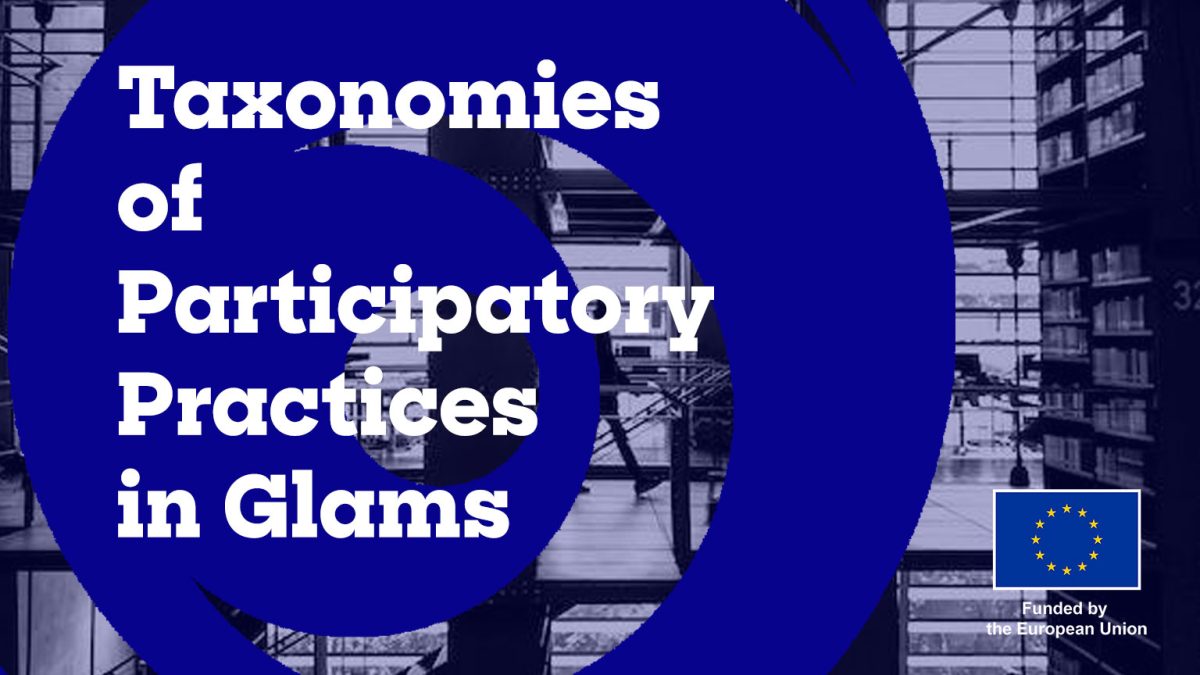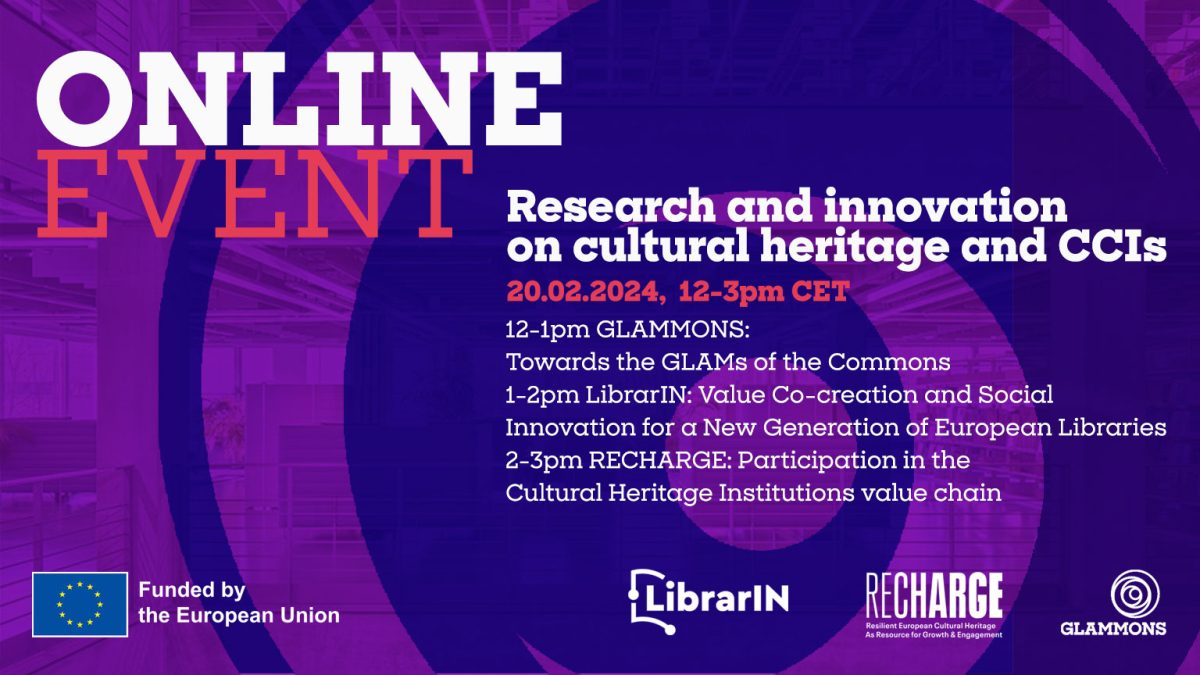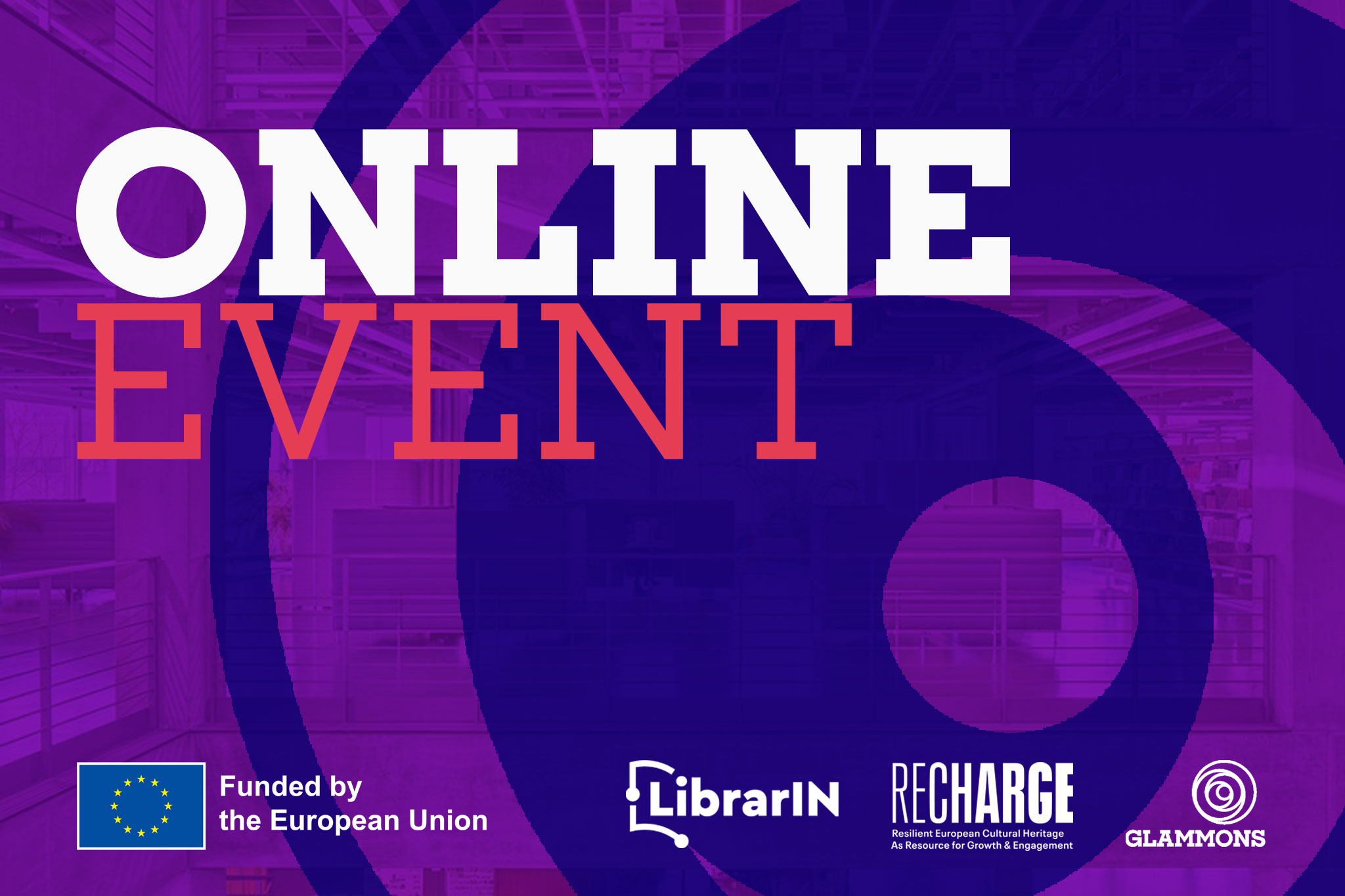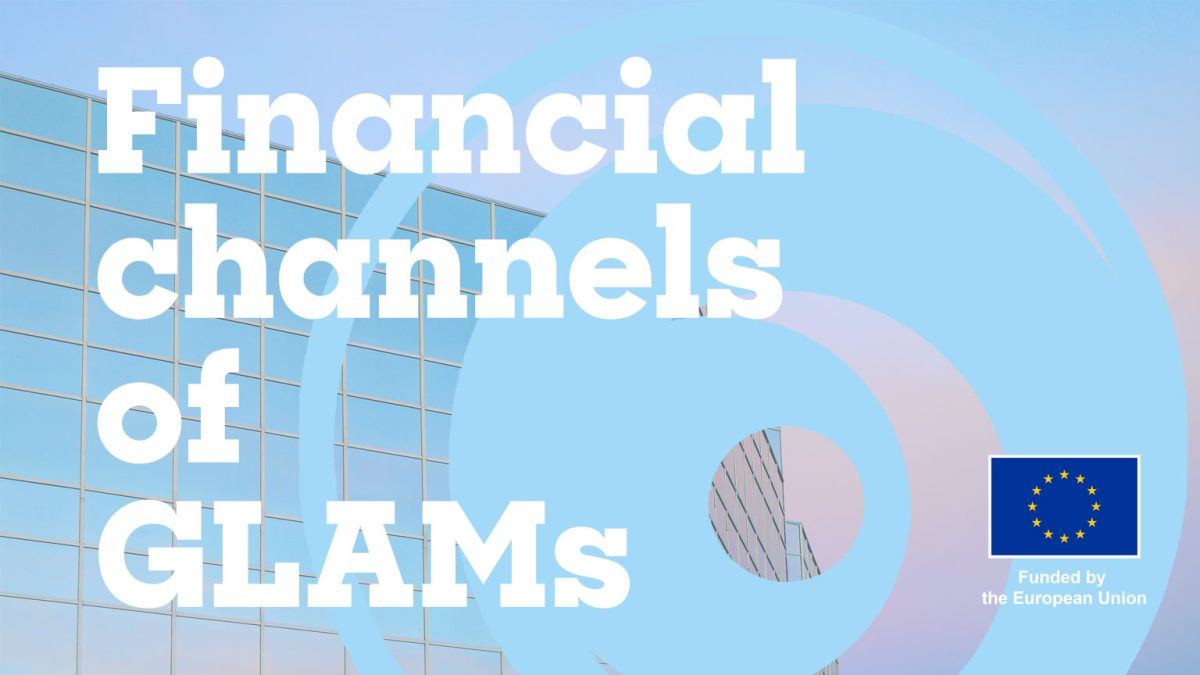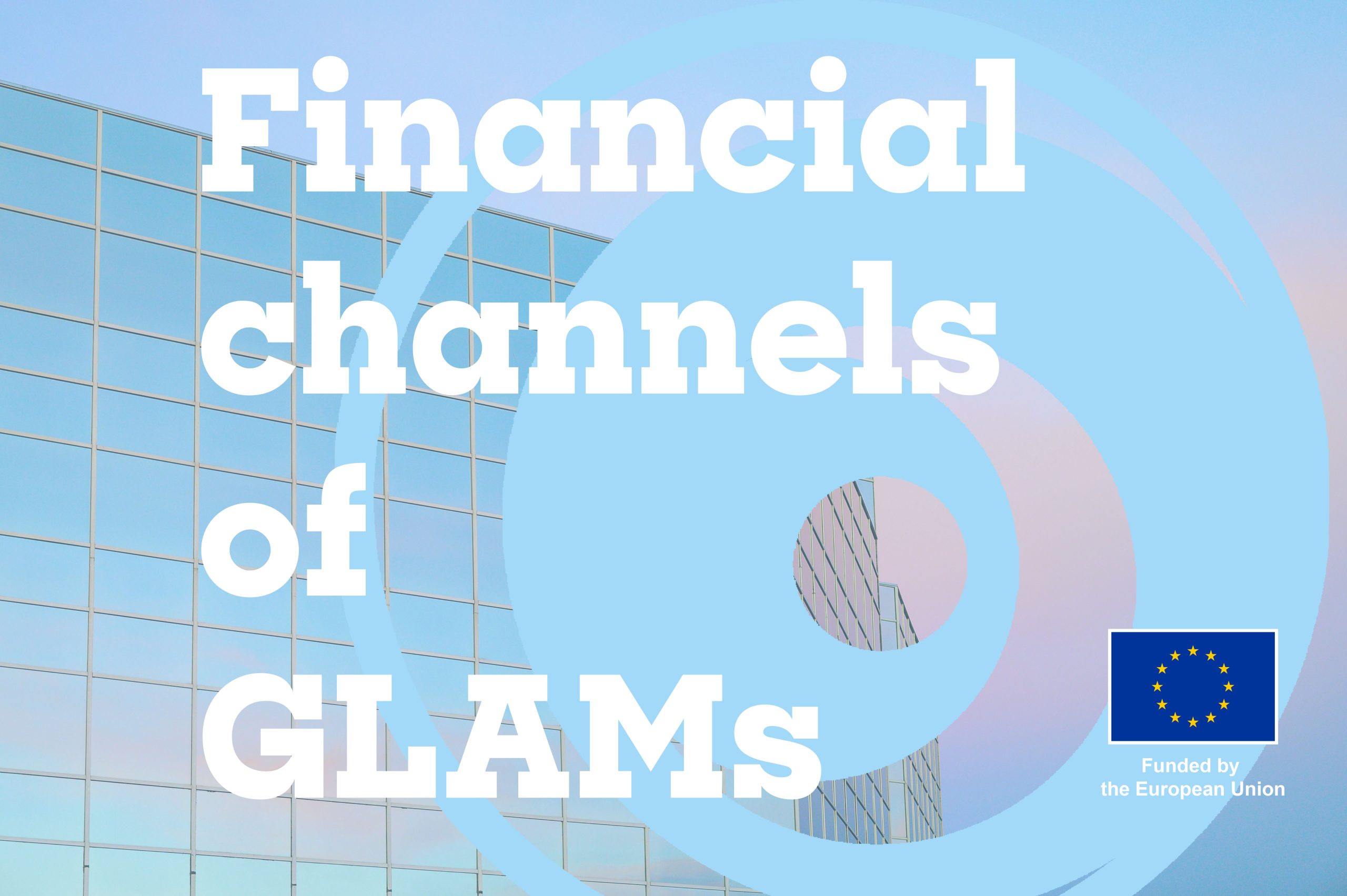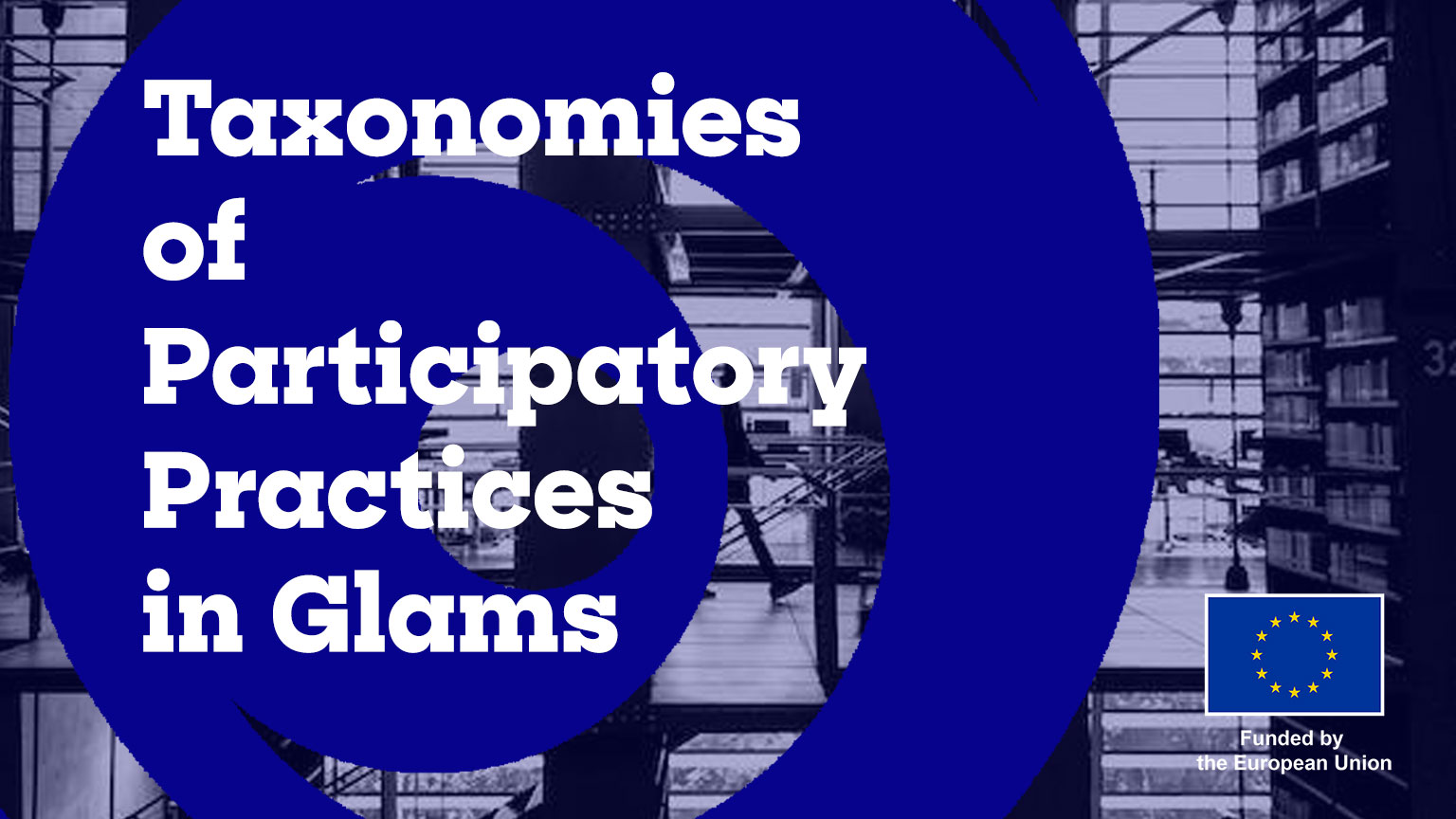
a working paper by Bastian Lange and Ares Kalandides (Inpolis):
This paper delves into the impact of external shocks, such as the pandemic and digitization, on organizational and management practices within commonly run cultural institutions, particularly in the GLAM sector. It seeks to understand how these institutions adapt and maintain legitimacy, self-efficacy, and volunteer commitment among their commoners in response to these challenges.
The central question is how recently introduced management and organizational practices gain acceptance among commoners amidst changing demands, both external and internal. The study explores the practical aspects of daily operations within these institutions, uncovering the complexities of managing commoning practices while adjusting to new demands. It also delves into the conflicts, debates, and agreements that arise as commoners, CEOs, and volunteers negotiate the core principles and values of these cultural commons.
Methodologically, the research employs narrative and grounded theory approaches to decipher how commoners perceive the governance of GLAM commons in response to unexpected external shocks. It analyses multiple perspectives and positions on organizational and management practices within growing institutions, contributing to the ongoing discussion on GLAMs’ adaptation to increasing demands, professionalization, and the role of volunteers in maintaining participatory principles and shared values.
Through a case study of the “Schwules Museum” in Berlin, the research provides insights into the historical, organizational, and procedural challenges faced by these institutions. It underscores the analytical power of a “practical turn” in social and cultural sciences, illustrating the intricacies of managing commons from a transnational perspective.
The study suggests viewing organizational and managerial practices within GLAMs as trans-local phenomena, emphasizing the importance of distributed power regulations and participatory decision-making mechanisms in commonly run institutions. It recognizes the evolving landscape of cultural goods and the necessity of understanding social conflicts and legitimacy formation within these changing structures.
